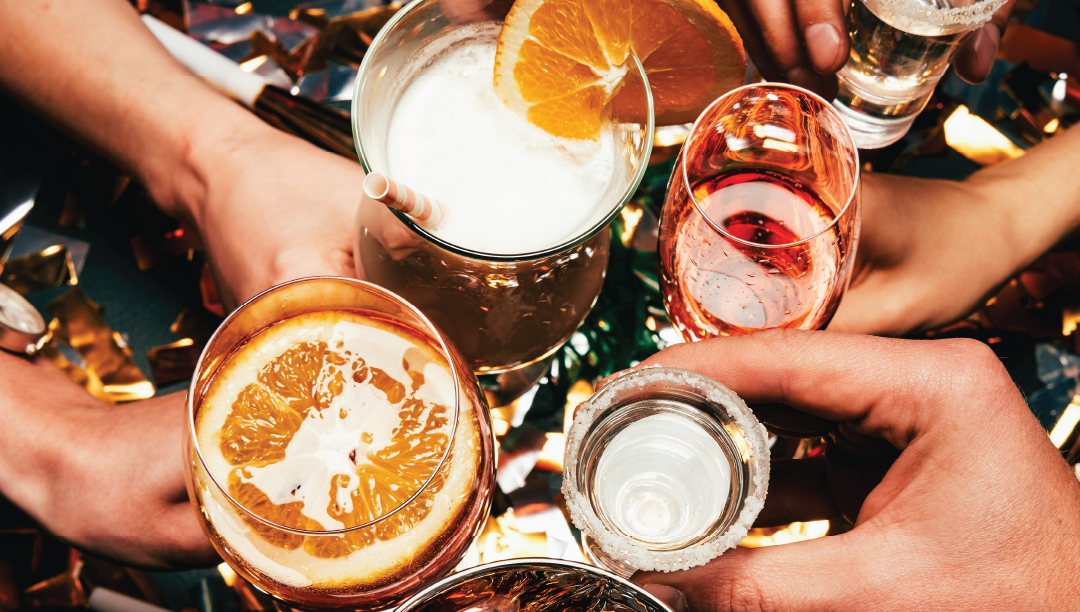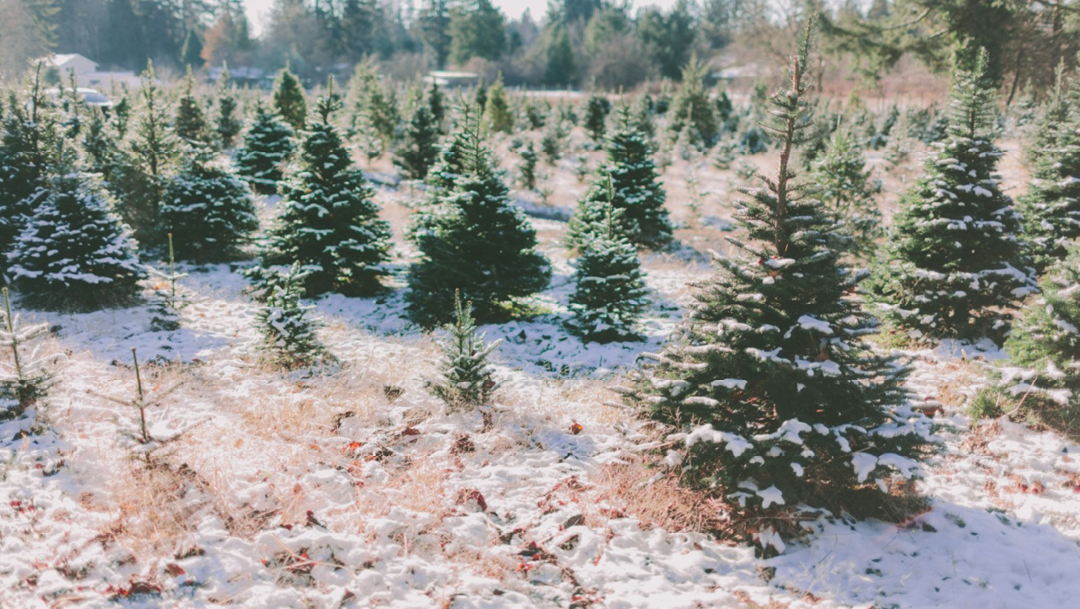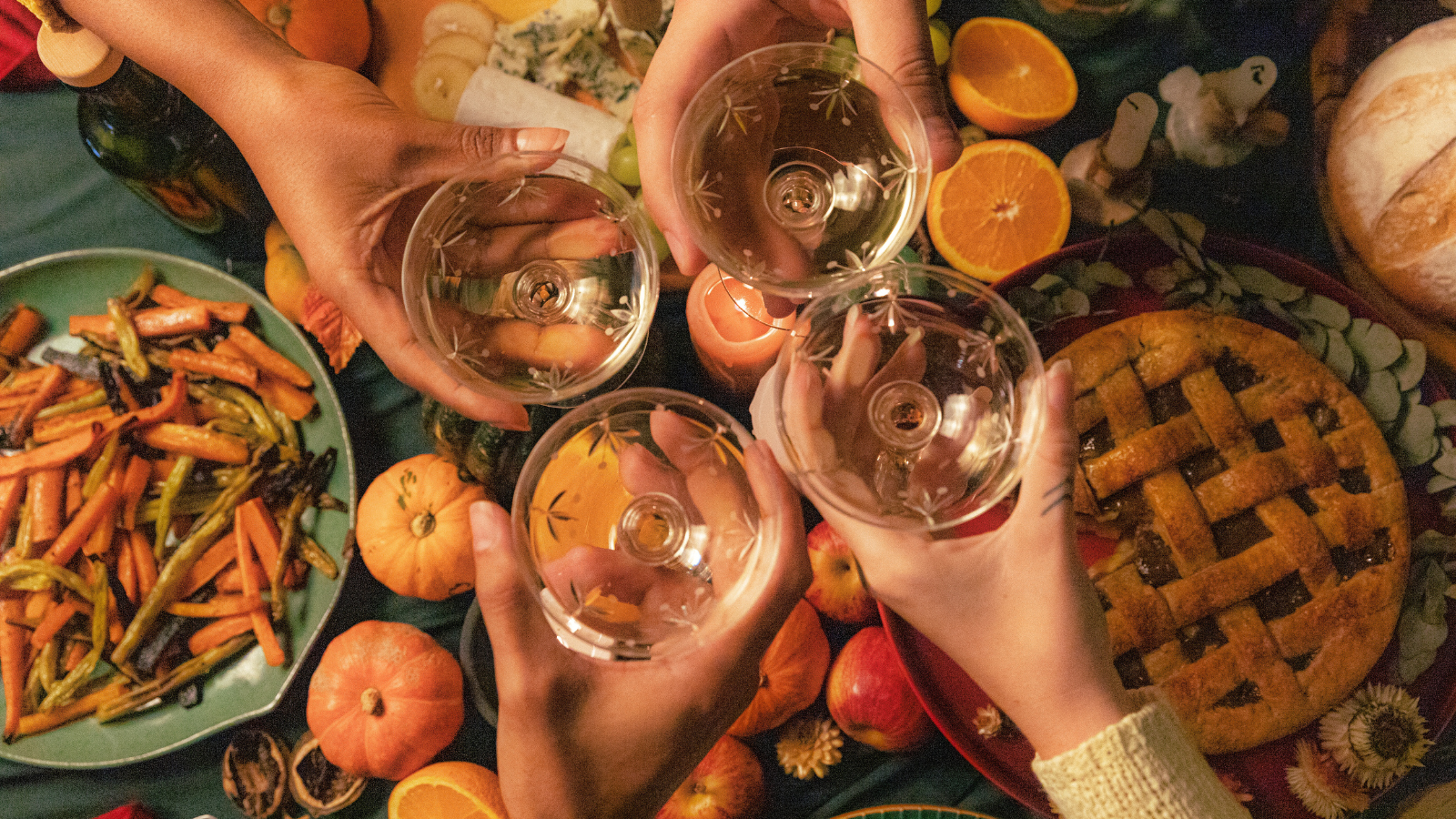

Sustainable Self-Care Tips
The blues, the blahs, the mid-season melancholy – January can often feel in need of a little TLC. Taking time to yourself isn’t selfish, rather, totally necessary to conquer the start of a starry-eyed new year feeling physically and mentally rested. So, take this time to transform your Sunday sulking into Sunday self-care with these thoughtful (and sustainable) practices.
- A warm drink.
- Tea is the perfect indulgent and caring practice for every winter morning. Did you know, regularly drinking tea has been linked to a 30% lower risk of depression? No, we aren’t saying that a cup of chamomile with save your life, but there are certain undeniable benefits. Lemon tea, for instance, contains rich amounts of Vitamin C known to help boost immunity. Most teas contain similar antioxidant and anti-inflammatory properties.
- Leave it to loose-leaf to save the day! We aren’t denying that many mass-marketed tea bags release microplastics into our waterways (and even bodies). Lucky for loose-leaf, the advent of reusable cotton tea bags has helped transform the tea space (and the sustainability one, too). It’s simple: pack with any tea of your liking, steep, remove, rinse, and repeat. Plus, let’s be real, loose-leaf tea beats big boxed-brands any day.
- Read a book.
- Reading is the perfect form of healthy escapism. If you find your mind racing, reading a book can provide a temporary brain break. Wildly enough, reading is also shown to improve our ability to empathize with others, prevent cognitive decline with aging, and lower blood pressure.
- Books have a lot of sustainability points going for them being fully compostable and all, but considering they are single-use items, you may feel weary purchasing them. We can assure you, there are a lot of options. For one, books riddle thrift shops, giving you the chance to give them a second life and save money in the process. Library cards are our holy grail. Free access to books that will be read again and again? What’s better than that? Lastly, e-books are a great low-waste, low-energy option.
- Take a bath.
- We are already sensing this might be controversial. While many have discussed the water waste associated with baths, there might be something more here.
- If you are prone to take longer showers (guilty), or don’t use a water-efficient shower head, then filling a small bathtub for a soak may actually save you water. Baths allow you strictly monitor water use and allow you to belt out a solo without fear of wasting additional water.
- Regardless of your side of the argument, there is no denying that warm baths have benefits for your body. Research has found that warm bath water helps with blood circulation, regulates core body temperature, and increases levels of serotonin. We’re big fans of that.
- Get up and move!
- Mobility looks a lot different from person to person. Moving can mean running a marathon, walking the dog, or just a seated stretch. Regardless of your level of physical exertion, movement aids in your cardiovascular health, boosting immunity, and countless other things. Mentally, movement has been shown to reduce symptoms of anxiety, depression, and a negative mood. Ultimately, it does wonders for boosting self-esteem and even creating community.
- Movement is sustainable in all aspects of the word. You can go outside to be alongside the natural world or stretch in your house with zero greenhouse emissions, unnecessary purchases, or single-use waste. Moving therefore is accessible to almost everyone. Not sure where to start? We recommend finding creators on apps like YouTube or even TikTok.
- Burn a candle.
- Candles have been around for thousands of years serving as both a functional and fun home staple. Today, they are largely loved for being uniquely fragranced. Burning the right fragrance is great to transport you back to a certain memory or happier time. How? Fragrance goes straight to the part of your brain associated with memory, which is why a certain scent can seem to transport you. This nostalgia brings a great level of peace, and the elimination of odors certainly doesn’t hurt.
- Aromatherapy is another powerful benefit of candles. The fragrance concentrate of oranges for example is said to improve and boost your energy levels. You can find a scent for almost every bodily or mental concern you are interested in improving.
- While we love candles, we understand the single-use waste associated with heat-treated candle glass. That’s why we created NOTES® refillable vessel for all of the fragrance, and none of the residual waste. If you are looking for a more sustainable way to fragrance your space, we recommend trying a refill option like NOTES®, an oil diffuser, or a wax warmer as opposed to traditional single-use candles.
Remember: there is no wrong way to do self-care. Anytime you’re taking time to meditate on your physical and mental health is a moment to celebrate. Whether you have 3 minutes or 3 hours, give yourself permission to care for yourself today and say “see you later” to the winter blues.
Share:
0 comments
Keep reading
-

Four Essential Holiday Cocktails (With The Perfect NOTES® Fragrance to Pair 😉)
Using two senses is better than one - which makes pairing flavors and scents so fun. These are the perfect cocktails to pair with each NOTES® holiday fragrance for your next December gathering or cozy night in. Trust us, you'll want to try them all -

The Environmental Impact of the Holidays
It’s finally December, which means it's officially time for festive chaos. Chances are, your to-do list is looking like a CVS receipt these days. With cookies to bake, family to see, projects to finish, and gifts to buy, a lot can go unnoticed this time of year. And while it’s all done in the name of fun and cheer, it can leave a pretty intense mark on the environment. In fact, the holidays leave one of the biggest carbon footprints of the entire year. -

8 Tips for a Greener Thanksgiving
As we prepare to gobble up a feast of gratitude and gatherings, it's important to understand that Thanksgiving can also generate a significant amount of waste. According to the Natural Resources Defense Council (NRDC), Americans typically throw away about 200...


